Hezbollah’s missile facility revelation ‘potent deterrent message’: Scholar
The Lebanese resistance movement Hezbollah’s recent revelation of a new sophisticated underground missile facility serves as a “potent deterrent message” addressed to the Israeli regime, says a scholar.
Amal Saad, a Lebanese lecturer in politics at Cardiff University, who specializes in the affairs of the regional Axis of Resistance, made the remarks in a series of posts on the X social medial platform on Saturday.
The posts addressed the movement’s revelation a day earlier of the “Imad 4” facility that features a convoluted tunnel network, missile launchpads, and blast doors opening outwards that could be used for launching projectiles towards predetermined targets.
The movement disclosed the facility as it prepares to stage, what it has promised would be, a strong retaliatory strike against the occupied Palestinian territories in response to the regime’s assassination of Fuad Shukr, one of the group’s senior commanders, and Ismail Haniyeh, the Palestinian resistance movement Hamas’ former political leader. The resistance figures were martyred in separate targeted killing operations conducted by Tel Aviv in Lebanon’s capital Beirut and the Iranian capital Tehran late last month.
Commenting on the revelation, Saad called it an indication of Hezbollah’s “operational readiness to retaliate.”
The movement, however, was at the same time showcasing the sheer extent of its capability to do so in order to “cap the potential escalation that might follow its expected retaliation” and “prevent it from crossing the threshold into full-scale war,” she added.
This deterrent message, the scholar noted, was meant to warn the regime that it had “to absorb the imminent retaliation without further escalation.”
Saad, meanwhile, underlined how the movement had grown significantly in firepower since it last defended Lebanon against an Israeli war in 2006 and what this growth could mean in terms of its current capability to target the occupied territories in case of a retaliation.
The group, she remarked, was in possession of such strategically concealed military installations and weapon caches back at the time too. The hidden facilities were considered “off-limits” for the Israeli forces even back then, with the regime’s military warning that they “can swallow an entire brigade," noted the scholar.
“If that was the case almost two decades ago, one can only speculate on the magnitude of the challenge presented by Hezbollah’s current military advances.”
South Korea's Yoon vows to ‘fight until end’ despite facing arrest
Alawites targeted as HTS militants launch crackdown on Homs
VIDEO | Press TV's news headlines
Putin orders government, top bank to develop AI cooperation with China
Martyr Soleimani is beacon of inspiration for freedom seekers worldwide: Official
Chinese hackers breach US Treasury sanctions office: Report
Iranians mark 5th martyrdom anniversary of General Soleimani
Press TV Journalist of the Year: Abubaker Abed, the young chronicler of Gaza’s tragedy


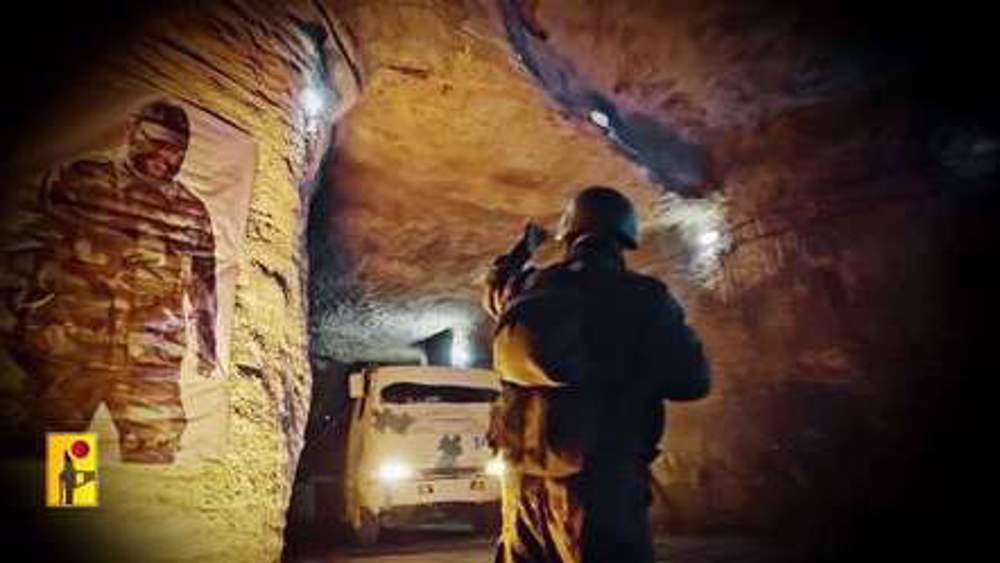
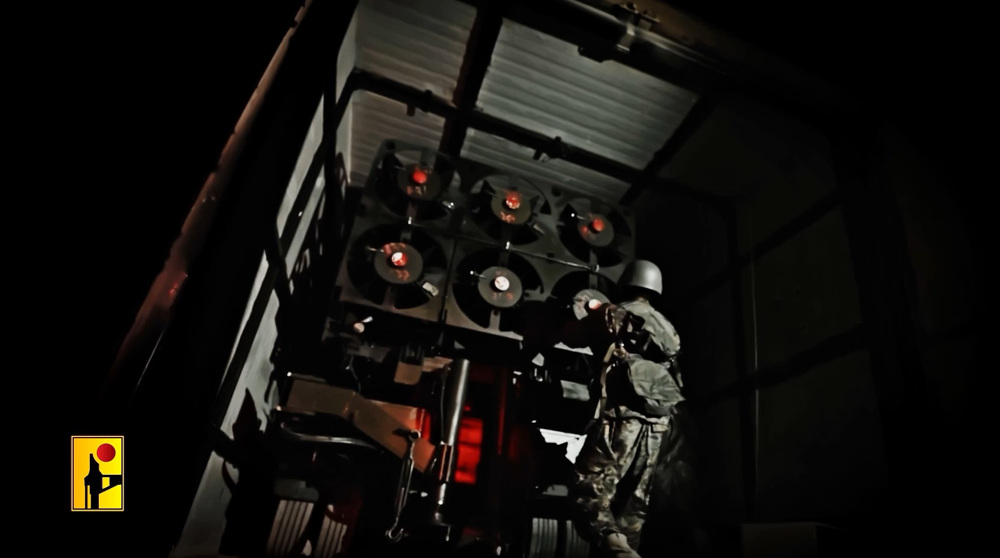
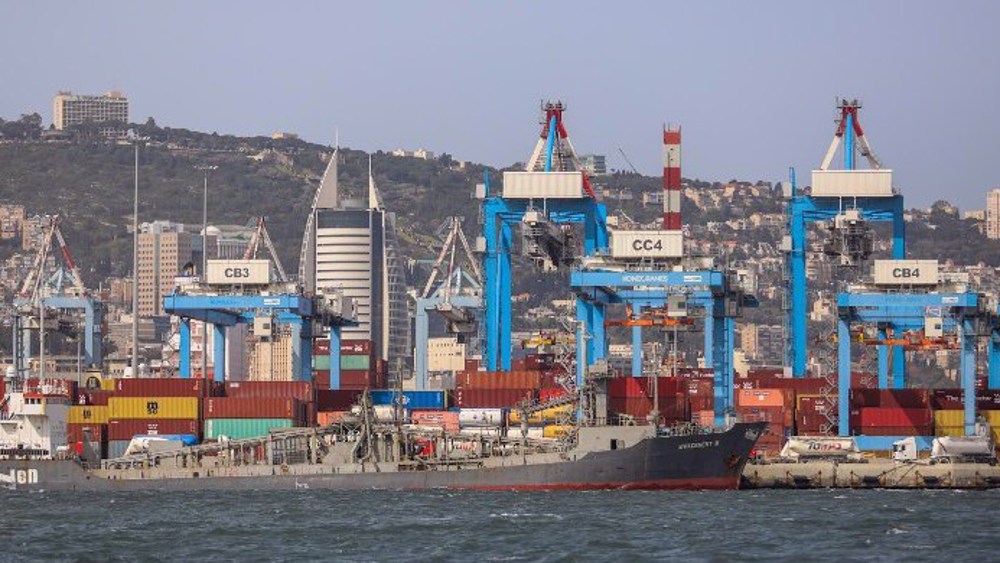


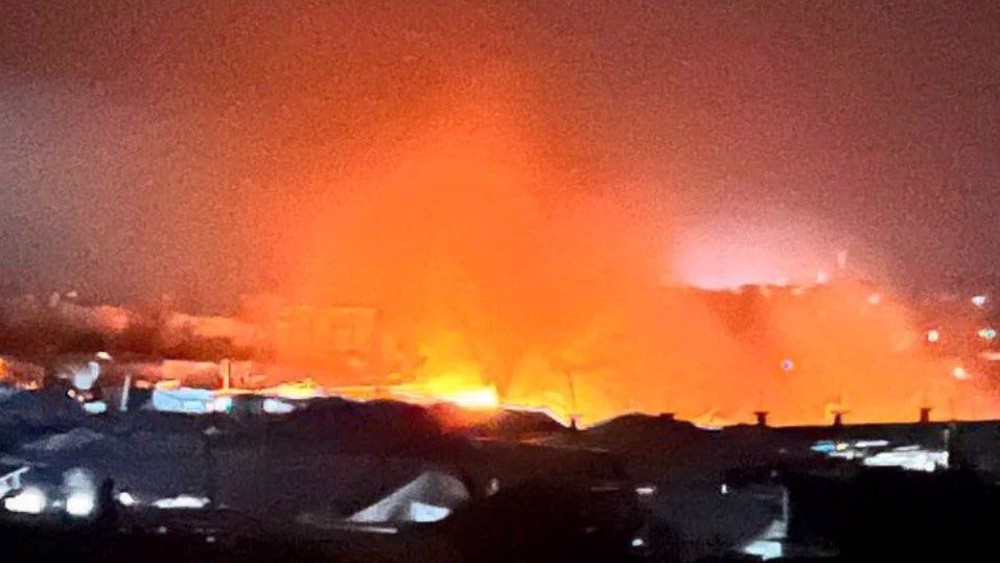



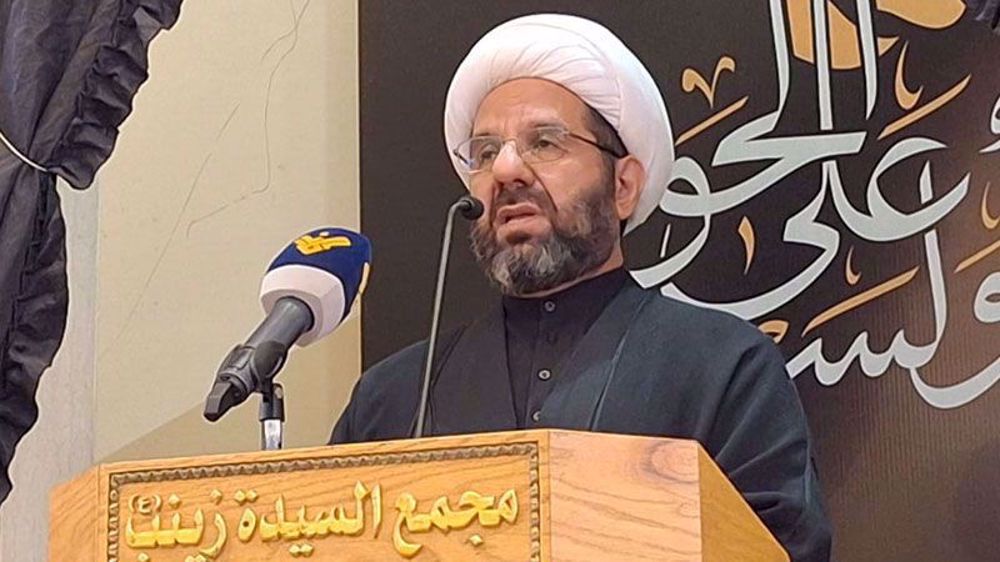
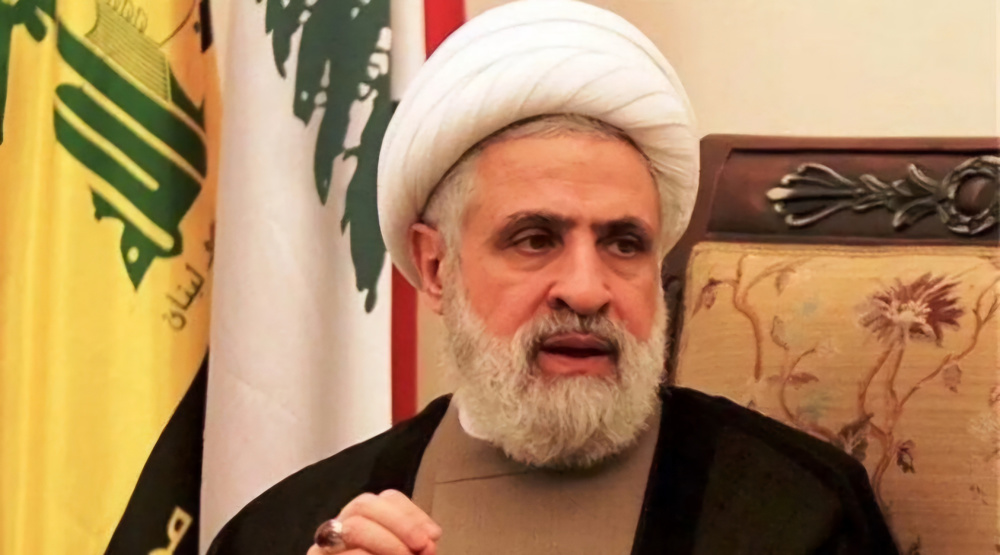
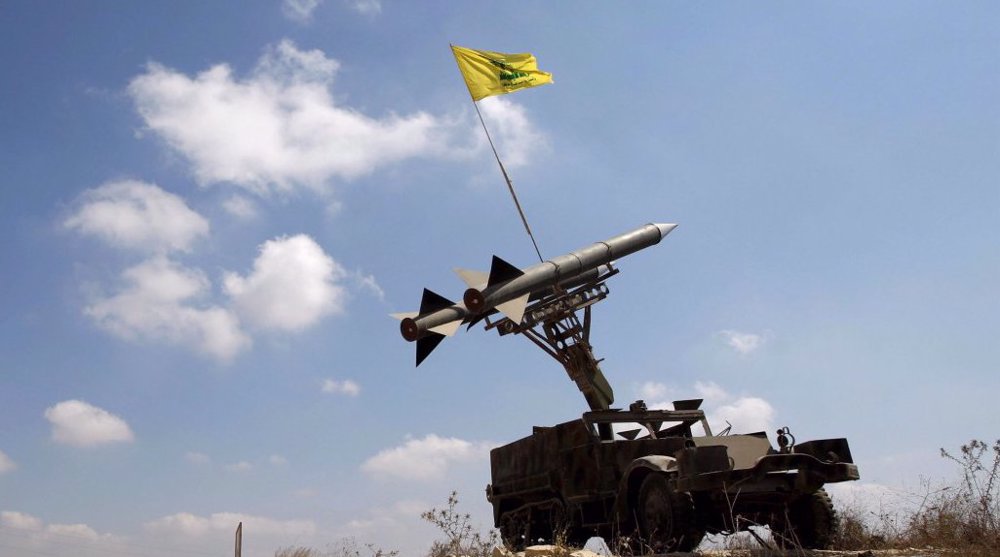

 This makes it easy to access the Press TV website
This makes it easy to access the Press TV website